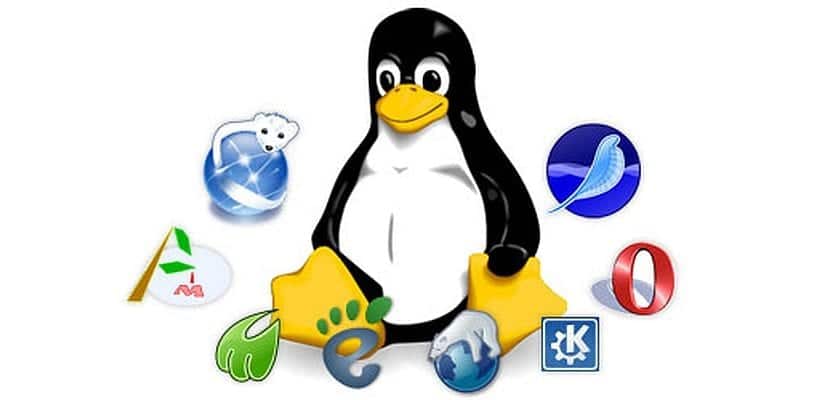
Linux systems have been a widely used medium in teams with limited resources, given the low impact that certain distributions have within the teams. Undoubtedly, in addition to the platform, it is important to consider the needs that those applications that will run on it will have and what resources they can take from a machine.
One of the applications that can take the highest consumption within a system are the Web browsers, which in many cases responds to the needs or tastes of the user but which can be taken into account, from the following guide, according to the consumption of resources that the system carries out.
In this guide we present a series of lightweight web browsers for you to consider within your systems. The choice of this type of application is usually to the user's liking, either because of the functionalities that it is able to offer, its design or even the affinity that it has with a certain brand or company. All of them They are free and many have optimized and portable versions so that they can accompany you wherever you go.
Opera
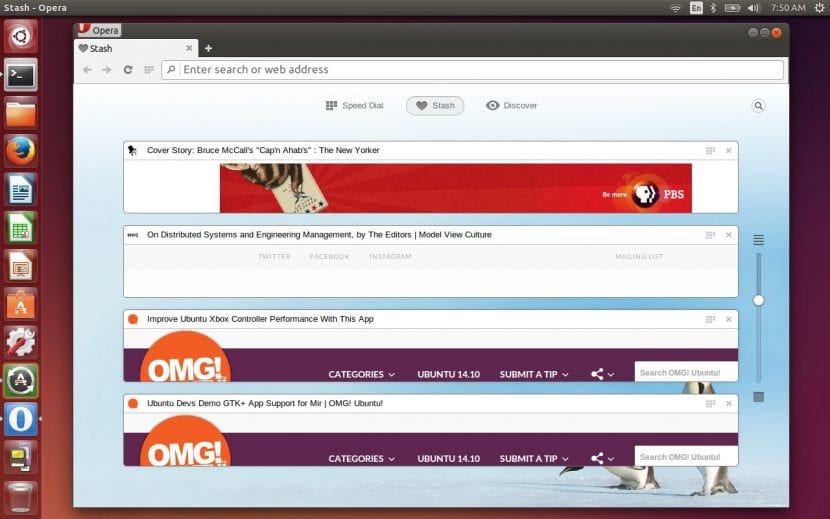
Following the void left by Netscape during the 90s, Opera came up as one of the first browsers to incorporate really new features. In its long life it has included, in addition to its own web browser capabilities, other features as varied as an email client, an RSS news reader, an accelerated download manager, a Bittorrent client, various speed dialer, etc.
This web browser is one of the best known today thanks to its foray into the world of smartphones and, recently, its engine has been migrated to a fork Chromium that allows you to be compatible with your extensions but preserving all the essence that has always distinguished it as an innovative browser.
Vivaldi
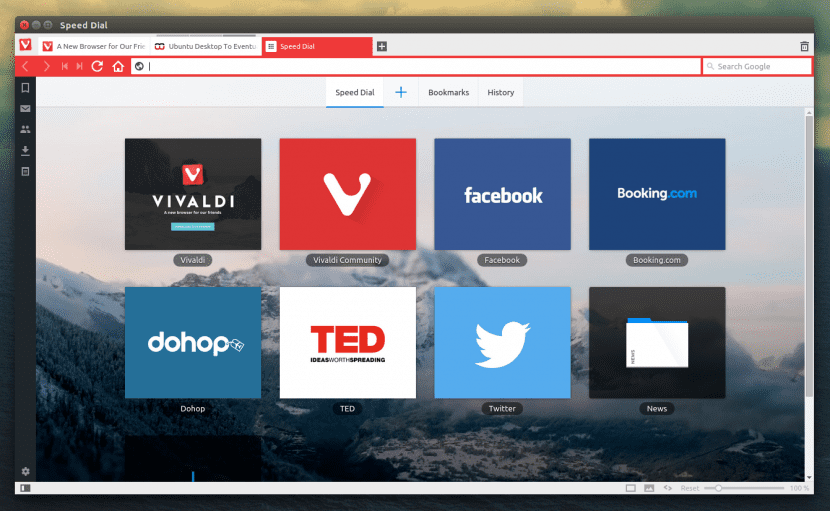
The web browser Vivaldi It is the brainchild of Opera's parents, who left the company years later and brought the entire philosophy of their old product with them to explore new application options. It is a program very promising that, like Opera, derives from a branch of Chromium that makes it compatible with all its extensions. Is very customizable and being innovative, it is both resource efficient and fast in page loading.
Midori
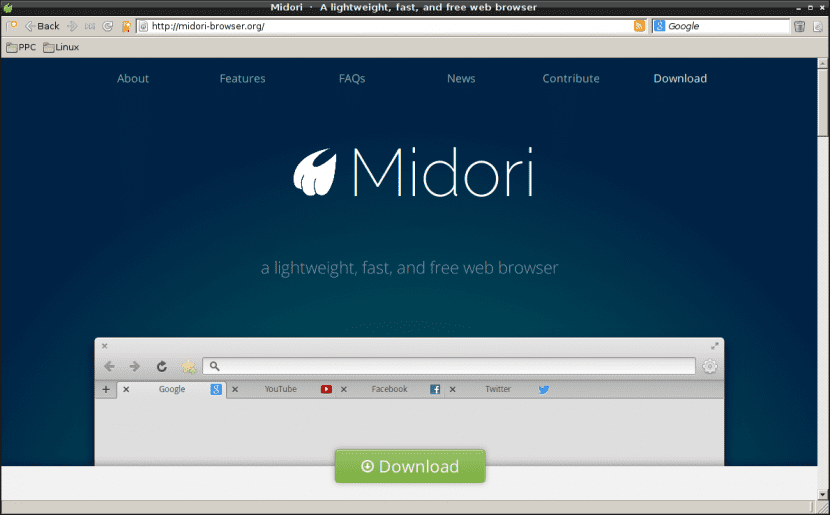
Midori maybe is the most minimalistic web browser of how many we have presented to you, with certain deficiencies in certain functions but that it perfectly fulfills for the daily navigation of any web page. This multi-system browser, which was originally developed for Linux distributions and is in fact the default application in Elementary OS, is available in Windows environments and even in portable version. In his execution Midori it is very light, it works very quickly when rendering web pages and it has a very detailed interface.
Qupzilla
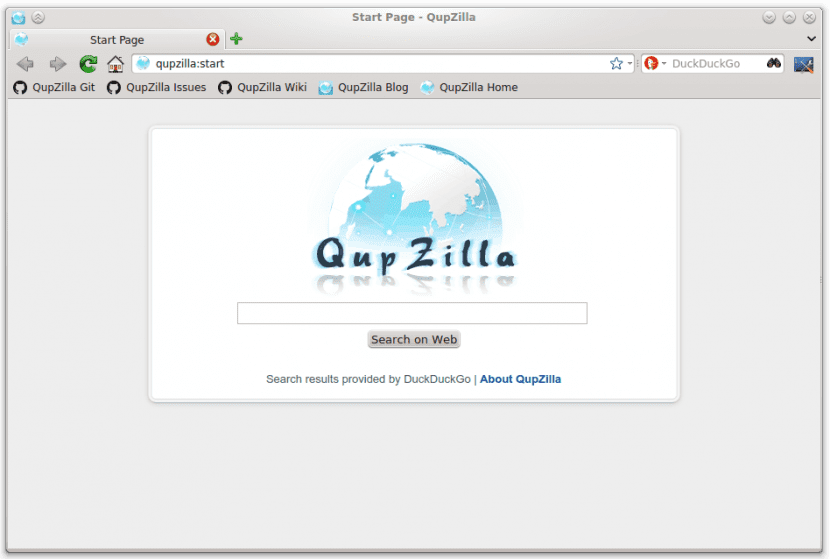
Qupzilla is a web browser that comes from a derived from firefox. Is the lightest of all on the list and its resource consumption is really low. It is multiplatform and is presented in a multitude of systems such as Linux, Windows, Mac OS and BSD. Its low impact means that it can be used in quite old computers and its great compatibility makes it the companion ideal of a pendrive device of utilities.
Yandex
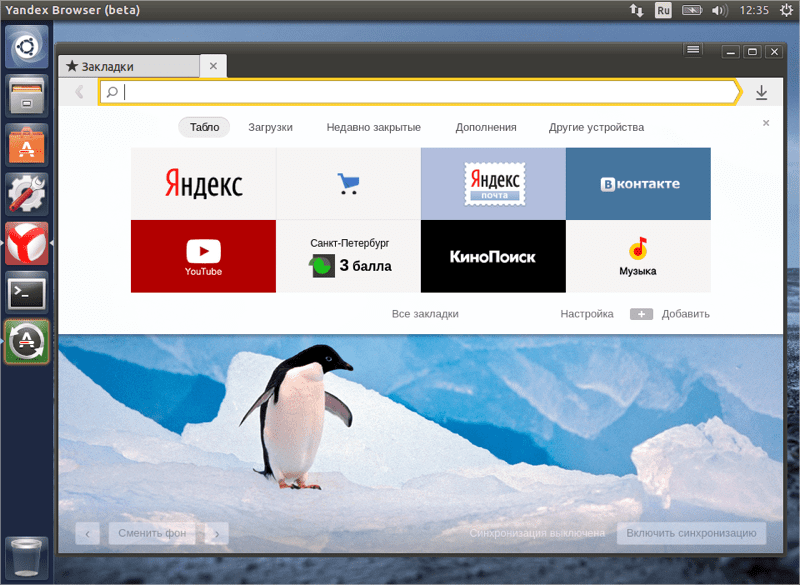
Finally we have to introduce you Yandex, a browser that goes out of the trend with a more oriented approach to recommending content to user. It has the typical functions of optimized navigation through your proxy servers (called "turbo" in many cases), DNS Spoffing protection or weather forecasts and there is a version for smartphones that, perhaps due to its Russian origin, is as little known as its older sister for desktops.
Do you use any other web browser that is not on this list? We encourage you to share your experiences with us and thus make known other really light applications for our Linux environments.
Source: Think Big Blog.
I am using Brave on Ubuntu 64 bits and it seems very fast and light BUT I have installed it on windows (sacrilege!) And it uses the .net framework and frankly it does not even resemble it. the light ones ABOUT UBUNTUI?
I was already interested in trying Qupzilla.
I want to try Quqzilla to see how it goes in a minilaptop that I have with Lubuntu
Vivaldi is seriously still unstable and strong in low-income teams
Seamonkey today has some features of opera in its good days mentioning that it may be a bit lighter than the current opera, being more stable in Debian than Windows 8.1
An advantage that I recognize from Yandes with respect to Opera is the Lastpass plugin, although in these last two you cannot add Xmarks, which Seamonkey does (the Enigmaile plugin is a luxury in Seamonkey).
It sounds interesting to try Midori and QupZilla.
regards